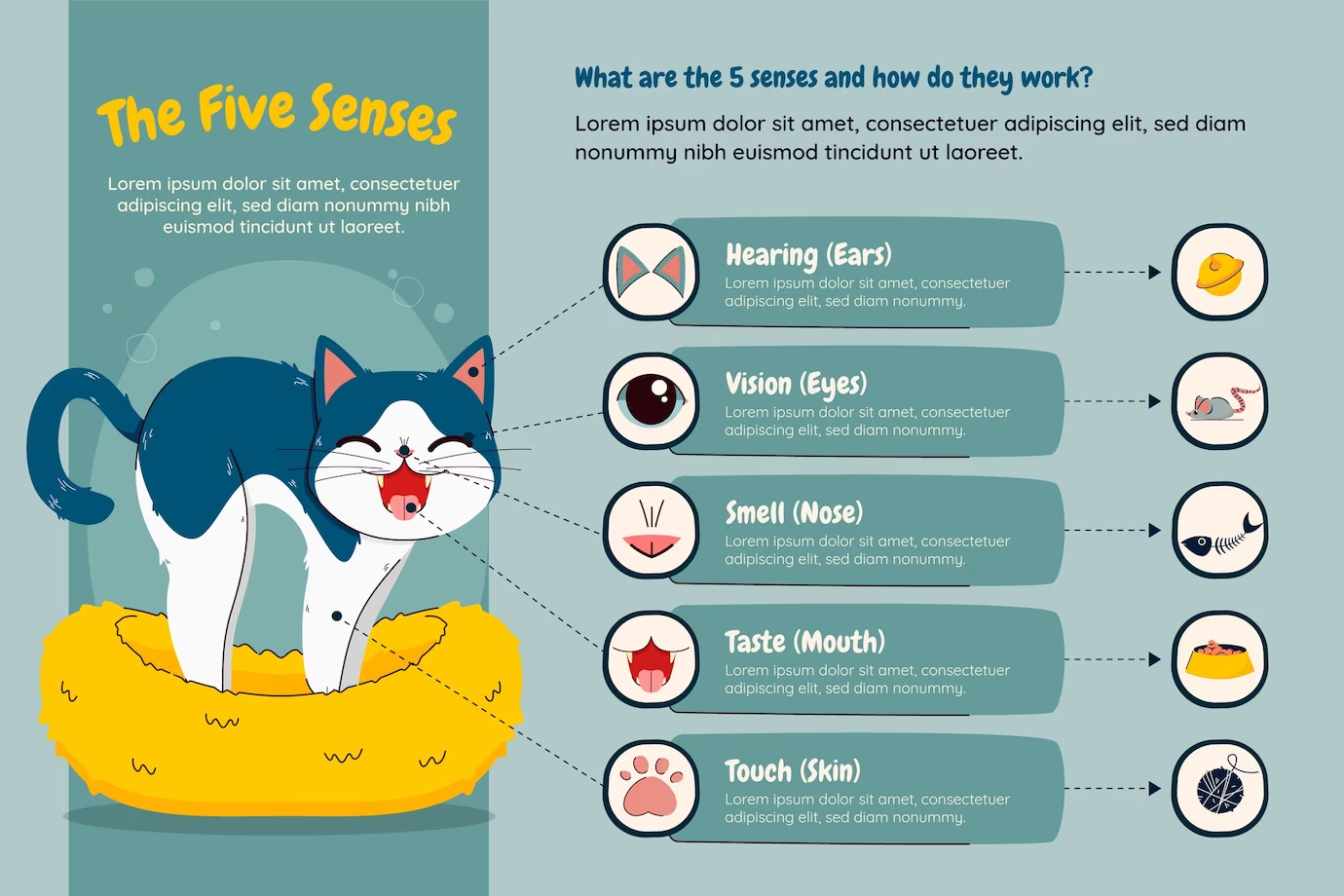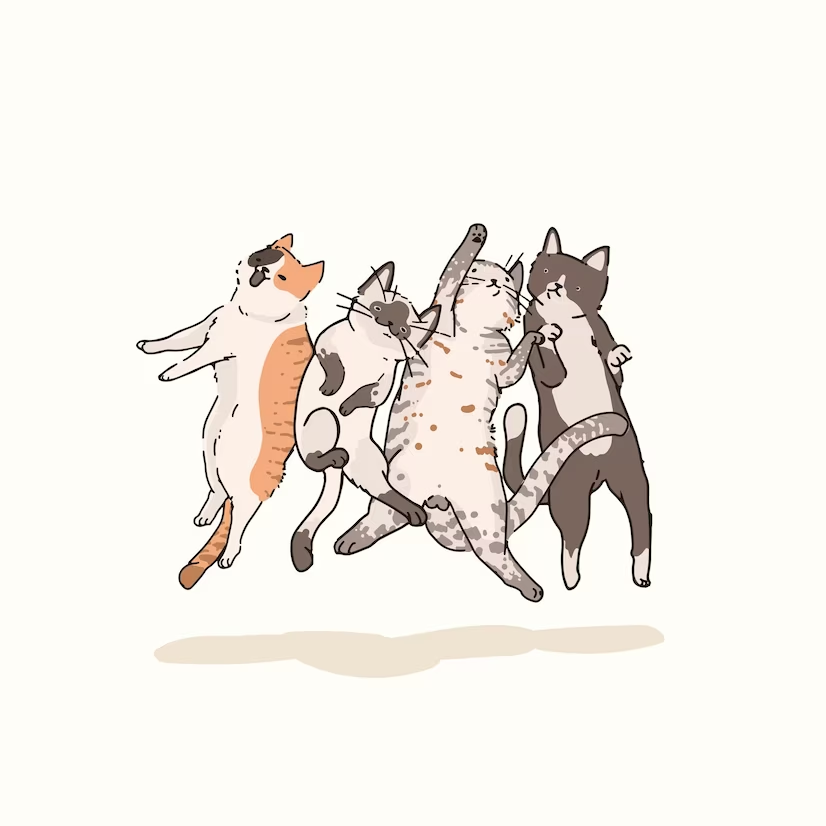The Scientific Foundations of Feline Nutrition: Unraveling the Dietary Needs of Obligate Carnivores
Cats are obligate carnivores, meaning their optimal health is predicated on a diet rich in animal protein. Unlike omnivores such as humans and certain other domestic animals like dogs, cats lack the ability to synthesize specific essential amino acids internally. Thus, they must glean these critical nutrients from animal-derived sources, a fact that underpins their evolutionary prowess as adept hunters.
Deciphering Pet Food Labels for Nutritional Adequacy
When selecting food for your feline companion, scrutinizing the labels for nutritional completeness is imperative. Although the Association of American Feed Control Officials (AAFCO) lays down standardized criteria for pet food, not all cat food offerings align with these stipulations. Some may be laden with fillers or artificial additives detrimental to feline health. Therefore, opting for premium-grade cat food that complies with AAFCO guidelines is non-negotiable for maintaining your cat's well-being.

A Balanced Diet: More than Just Protein
A well-rounded feline diet must incorporate high-quality protein, fats, and essential fatty acids, alongside a requisite array of vitamins, minerals, and amino acids. Protein is indispensable for muscle maintenance and developmental growth, while fats act as an energy reservoir and facilitate vitamin absorption. Essential fatty acids like omega-3 and omega-6 are crucial for nourishing the skin and coat.

The Imperative of Moisture-Rich Diets
In their natural habitat, cats derive the majority of their hydration from prey. Given their limited thirst drive, incorporating wet food or a balanced combination of wet and dry food into their diet is vital for adequate hydration. Inadequate fluid intake can engender a host of health issues, including urinary tract complications. A moisture-rich diet also counters obesity and aids in digestion.

Individualized Nutritional Strategies
Cats have unique dietary requirements based on variables such as age, breed, and overall health condition. For instance, kittens necessitate greater protein and caloric intake than their adult counterparts, whereas senior cats might benefit from a calorie-restricted diet to manage weight. Certain breeds are predisposed to specific health challenges, such as urinary tract issues or obesity, necessitating specialized diets.
Cautionary Measures
Feeding your cat human food or raw meat is strongly discouraged. Human food can wreak havoc on their digestive system, and raw meat may harbor harmful bacteria that pose health risks.

Consult Your Veterinarian for Specialized Diets
For cats with particular health conditions like kidney disease or obesity, it's imperative to consult a veterinarian for customized dietary advice.
Summary
Understanding the science of feline nutrition involves recognizing their specialized needs as obligate carnivores. A balanced diet replete with high-quality protein, fats, essential fatty acids, and a diverse range of vitamins and minerals is pivotal for your cat's long-term health. Ensuring ample hydration through a moisture-rich diet is equally vital. By adhering to premium-quality cat food that satisfies AAFCO guidelines and individualizing your cat's dietary regimen, you can foster a long, healthy life for your feline friend.




Leave a comment
All comments are moderated before being published.
This site is protected by reCAPTCHA and the Google Privacy Policy and Terms of Service apply.